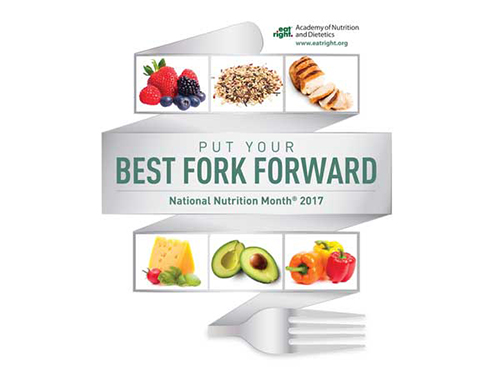Local Programs
Family and Consumer Sciences (FCS) programs provide research-based information through practical education that will empower individuals, families and communities to make sound choices in the areas of :
FCS strives to address community needs with the best knowledge and practices to promote healthy living and quality of life for all. Programs may be delivered in the form of workshops, lesson series, trainings, presentations, demonstrations, and community fairs. FCS educational services are provided by Crystal Barber, who is a registered dietitian and certified group exercise instructor.

- Promotes Healthy Habits
- Healthy Eating
- Physical Activity
- Diet Related Disease Prevention
- Food Preparation Skills
- Experiential Learning
- Family Resources
This educational program targets elementary, middle and high school youth.
- Healthy Weights for Healthy Kids (HWHK) Youth Obesity Prevention Program
- Nutrition and Wellness Education Training/Presentations
- Master Food and Nutrition Volunteer Training
- Food Budgeting and Food Safety Classes
- Stress Management 101
- Child Care Provider Trainings with certificates for hours of completion
- FIT Extension/LIFT Strength Training Program/Season 4 Health Managing Sodium Intake Workshops
- Walk A Weigh Adult Healthy Lifestyle Program
- VCE Diabetes Prevention Program (DPP) adapted from Centers for Disease Control (CDC)
- Health and Community Fair Displays
- Parenting Education Programs
- Youth & Adult Financial Management Programs
- Balanced Living with Diabetes Program (BLD) - starts April 2020
Please contact Crystal Barber, Extension Agent and Registered Dietitian for more information at (757) 393-5125 or cvbarber@vt.edu, fax: (757) 393-8009.
Engaging with Communities
Virginia Cooperative Extension specialists in community viability work with Extension agents, campus-based faculty, organizational partners, communities, and individuals to further opportunity and build capacity in five program areas:
- Leadership & Planning
- Community Enterprise and Resiliency
- Community Food System and Enterprises
- Community Planning
- Emerging Community Issues
Examples of our work include training county elected officials, educating entrepreneurs, facilitating collaborative projects, supporting the growth of community food systems and local economies, enhancing agent skills and community capacity in facilitation and leadership, conducting problem-driven research, and creating publications and tools that address critical community needs.
Do you have a question about Community Viability?
Perhaps one of the Community Viability specialists below can help you. Contact a Community Viability specialist or direct a question to them using our Ask an Expert system.


